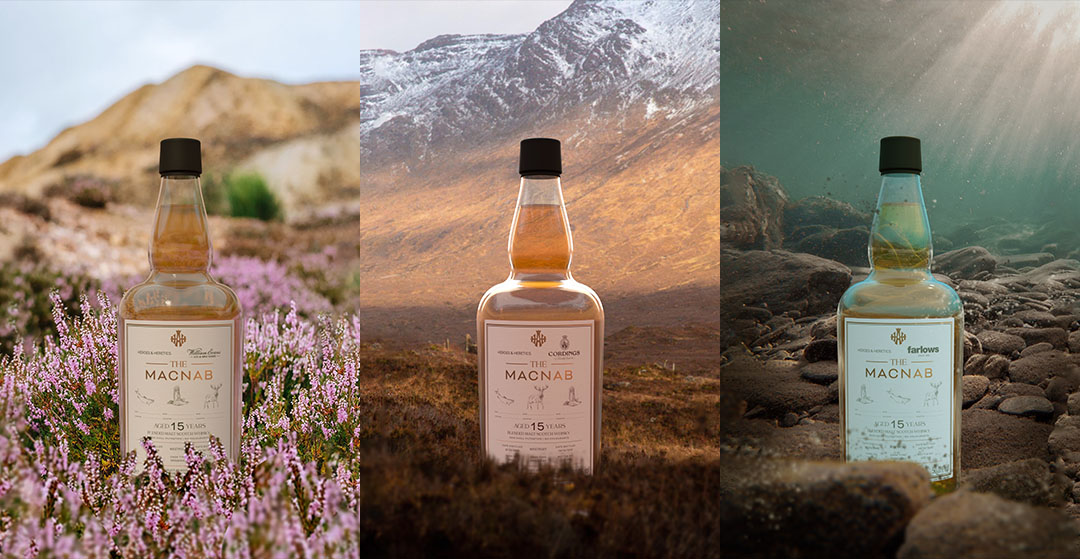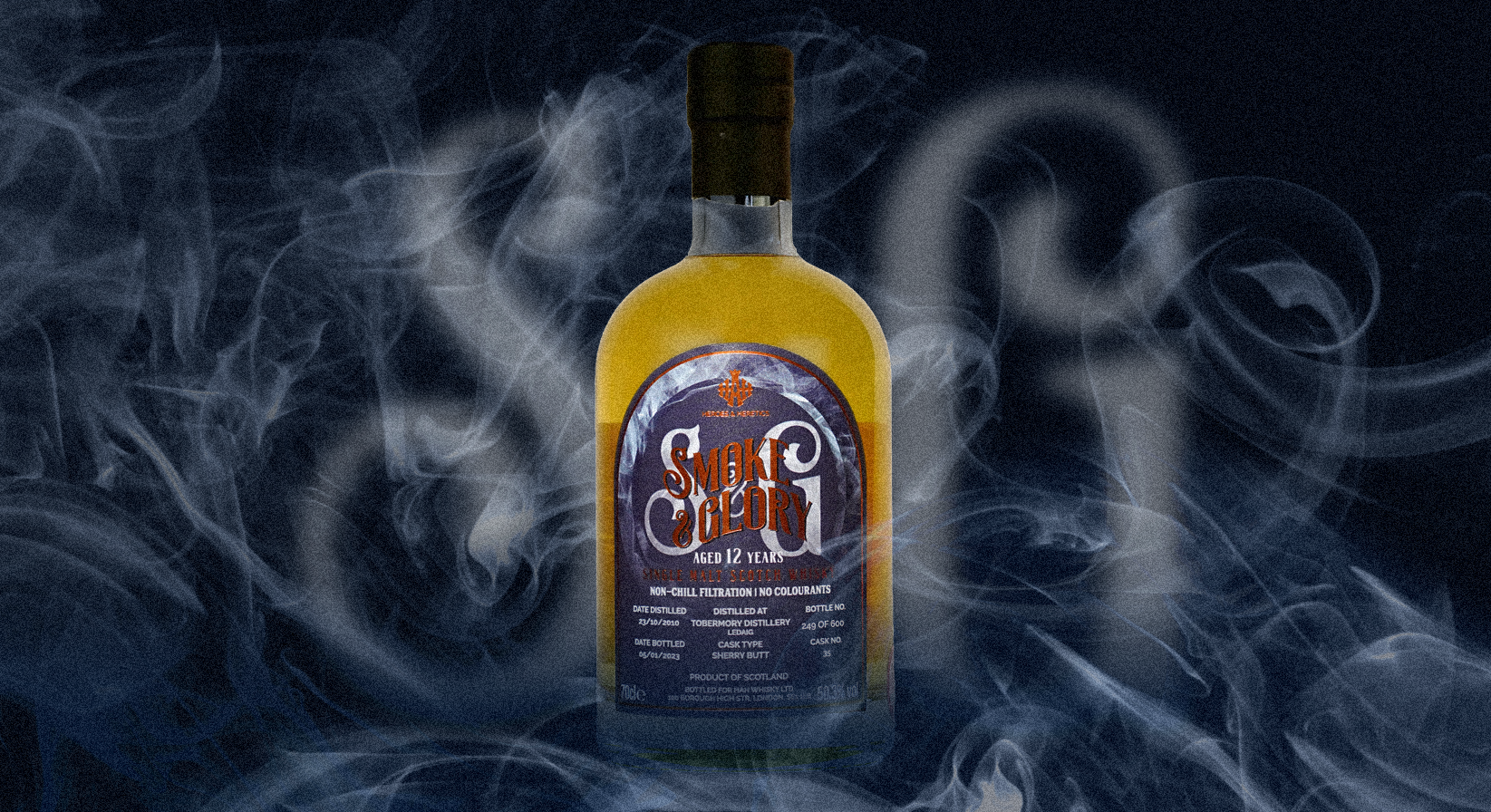Ask better questions and you will get better answers. So, what are the critical question you need to ask about buying a new whisky? All drinkers today have multiple tools and resources at their disposal to both share and advance their knowledge of whisky. However, some limitations and caveats need to be observed with this ‘knowledge’. I like to think of acquiring wisdom, rather than an endless list of facts.
The question most asked is whether it is ‘worth it’ in terms of price.
The first place most people begin is social media. It has some advantages and there is no doubt you can create quite a buzz on Twitter or Facebook by asking the ‘worth it’ question about whisky or a particular whisky.
Indeed, a Twitterstorm may result as ‘opinions’ are often given with intense feelings (and lacking factual or objective basis).
There are times when social media can be helpful by asking better questions (usually those surrounding factual knowledge) e.g. dates, times and specific technical questions. The class area which seems to be a hot topic in whisky circles is the relative worth of a particular brand.
A new brand (release) may appear on the market, or special offers for a new whisky and people in the whisky community instantly jump online and ask, “Is it worth it?”
Assume that a distillery puts out a new whisky called Gold without an age statement, and it’s being retailed at £ 60. You will then instantly see a picture of it on the Facebook whisky group with the inevitable question asking, “Should I buy this?” or “Is it worth it?”
- The replies that then get posted will follow an inevitable and familiar pattern: Relative price comparisons will be made to the distilleries 10-year-old expression which is cheaper at £30;
- Someone will point out that Gold is cheaper online, speak about local taxes and sadly, everyone will miss the real point.
It should go without saying, but worth is a subjective principle. The whisky may cost £ 60, but it will be worth more than that to an avid collector of the distillery or brand. It will be worth less than that to someone who’s never enjoyed the other releases and thus has a negative opinion of the brand.
Similarly, £ 60 may be a large amount of money and an expensive purchase for one person, yet it might be loose change to another. Discussing the worth of a whisky is a meaningless exercise, and the original poster will be left with a minefield of ultimately unhelpful responses to try and navigate through.
So, let’s bring it back to flavour and start asking better questions. For example:
- Is it a good example of x and does it reflect the house style?
- Does x taste similar to the 10-year-old or is it a completely different taste experience?
- Have they used different casks or a different finishing regime?
- Has it been bottled at a different ABV and thus has a different texture and mouthfeel?
- Is it a limited edition release or has it now joined the core-range in the portfolio?
These are the better questions that define the whisky and give the consumer meaningful information to assist in deciding whether or not to buy it.
There is so much nonsense said about whisky these days, it seems many people have forgotten to simply drink it and enjoy it. Now, some readers will have got to this point and will be indignantly thinking, “But surely one’s enjoyment or assessment of a whisky is a function of how much they paid for it?” If you thought the whisky was good value, is that not an assessment of its worth? You’ll see this issue play out with comments made along the lines of, “I thought this whisky was good for £50 but I wouldn’t pay £100 for it.”
Suddenly, the whisky’s flavour is being assumed to be connected to its price tag. It is all about the money, money, money.
Remember, Value = Benefit / Cost
Your taste buds either enjoyed the whisky or they didn’t. How can a whisky be good and taste nice at one price point, but suddenly no longer taste nice at a different price point? Again, the argument has resolved back to the matter of worth which, as we’ve already discussed, will be different for everyone.
Equating a whisky’s quality to its price tag is a slippery slope, and we’ll save that rant for another day. For now, suffice it to say that people should understand and appreciate that a £500 whisky isn’t necessarily going to taste ten times better than a £50 whisky. The law of diminishing returns kicks in pretty quickly with whisky.
So, if you can’t make decisions for yourself and feel the need to jump online and ask the whisky community whether or not you should buy a particular bottle of whisky, do yourself a favour and ask a better question to begin with.



You must be logged in to post a comment.